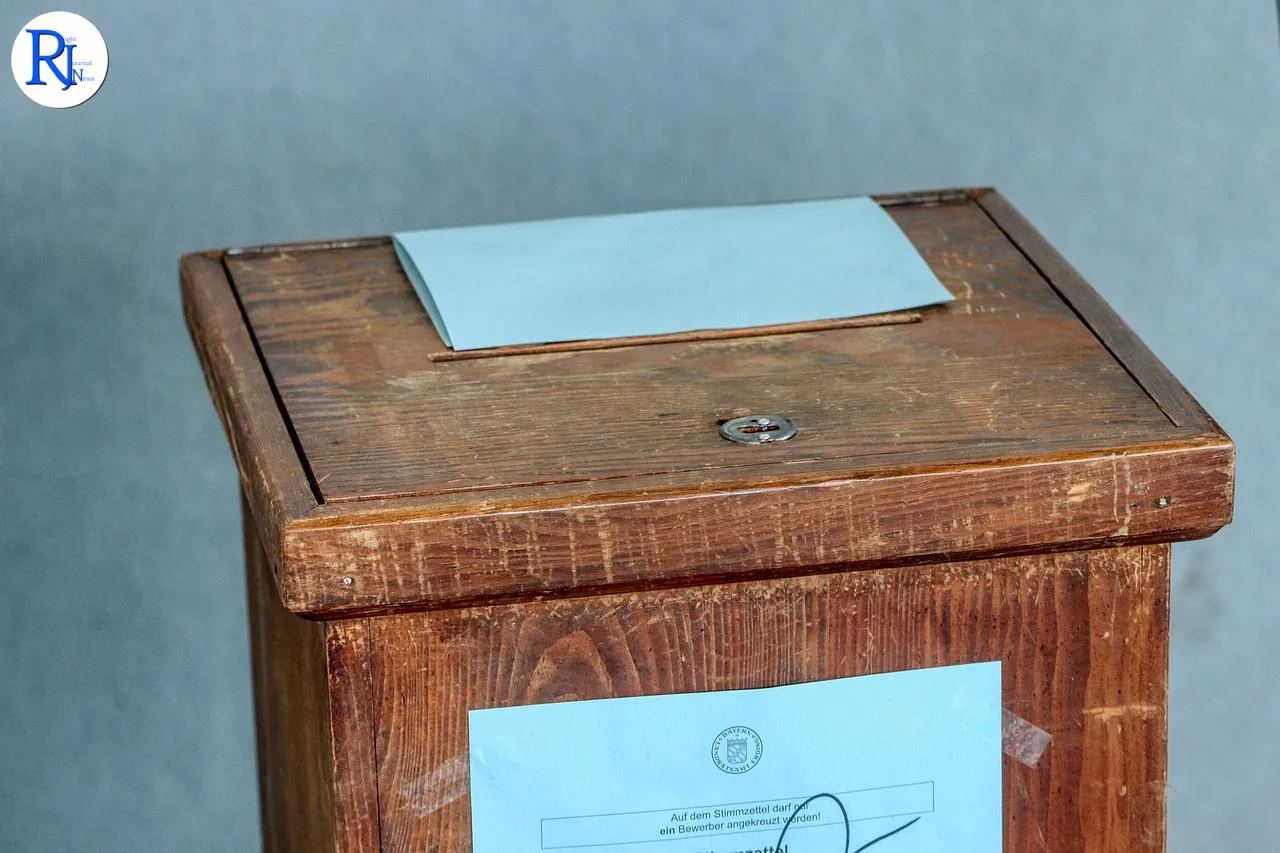A recount has been ordered in the Runcorn and Helsby seat after an extraordinarily close result in the UK local elections. Just four votes separate the Labour Party and Reform UK, highlighting the intense competition in this year’s elections. This development has captured national attention, as local elections across England see significant shifts in political allegiances.
The recount decision was made late Thursday night, underscoring the high stakes and potential implications for both parties. With Labour and Reform UK neck-and-neck, the outcome could influence future political strategies and voter engagement efforts.
Election Night Drama in Runcorn
The Runcorn byelection has become a focal point in the 2025 local elections, drawing interest from political analysts and citizens alike. The initial count revealed Labour narrowly leading Reform UK by a mere four votes, prompting calls for a recount to ensure accuracy. The recount is scheduled to take place later today, with both parties eager to secure the seat.
Runcorn’s close contest reflects broader electoral trends this year, where smaller parties like Reform UK are gaining ground against traditional powerhouses. This byelection serves as a microcosm of the evolving political landscape in England, where voter priorities and party loyalties are shifting.

Labour’s Success in Mayoral Races
While the Runcorn recount draws attention, Labour has celebrated victories in the North Tyneside and Doncaster mayoral races. These wins bolster Labour’s position in key areas, demonstrating their continued appeal in urban centres. North Tyneside and Doncaster have long been Labour strongholds, and retaining control here underscores the party’s ability to mobilise its base effectively.
Labour’s mayoral victories are crucial as they seek to regain influence lost in previous elections. The party’s focus on local issues and community engagement appears to resonate with voters, offering a blueprint for future campaigns.
Reform UK’s Rising Influence
Reform UK, a relatively new player in the political arena, has made significant strides in this election cycle. The party secured three of the first five wards declared at Northumberland County Council. This performance highlights Reform UK’s growing appeal, particularly in areas disillusioned with traditional party politics.
Reform UK’s success in Northumberland signals a potential shift in voter sentiment, with the party capitalising on frustrations over national issues and local governance. Their platform, which often emphasises reform and accountability, seems to strike a chord with voters seeking change.
Conservatives and Liberal Democrats Face Challenges
The Conservatives and Liberal Democrats faced mixed results in the latest local elections. The Conservatives, defending 33 seats at Northumberland County Council, managed to secure only one of the initial five wards. This outcome raises questions about their current strategy and voter engagement efforts amidst evolving political dynamics.
Similarly, the Liberal Democrats, defending four seats, must reassess their approach as they navigate these challenging electoral waters. The party’s traditional base appears to be fracturing, necessitating a renewed focus on policy and outreach to maintain relevance.
Greens and Independents Hold Steady
The Green Party and independent councillors continue to maintain a presence in local councils, with two Green seats and ten independents at Northumberland County Council. The Greens’ focus on environmental issues and sustainable policies resonates with a growing segment of the electorate concerned about climate change and ecological preservation.
Independent councillors, often seen as a voice for localised issues, remain a vital part of the political fabric, offering alternatives to party politics. Their ability to address specific community concerns keeps them relevant and influential in local governance.
Looking Ahead: Implications for Future Elections
The outcomes of the 2025 local elections provide insights into the evolving political landscape in England. The recount in Runcorn and the successes of smaller parties like Reform UK suggest a shift in voter priorities and the potential for more competitive races in the future.
Labour’s victories in mayoral contests reaffirm their strength in urban centres, while the Conservatives and Liberal Democrats must adapt to changing voter expectations. As parties analyse these results, strategies will likely evolve to address emerging trends and voter concerns.
With the recount in Runcorn yet to be finalised, all eyes remain on this pivotal seat. Regardless of the outcome, the close race exemplifies the dynamic nature of UK politics and the importance of every vote in shaping the nation’s future. As parties regroup and strategise, the lessons from these elections will undoubtedly influence campaigns and policies in the years to come.

